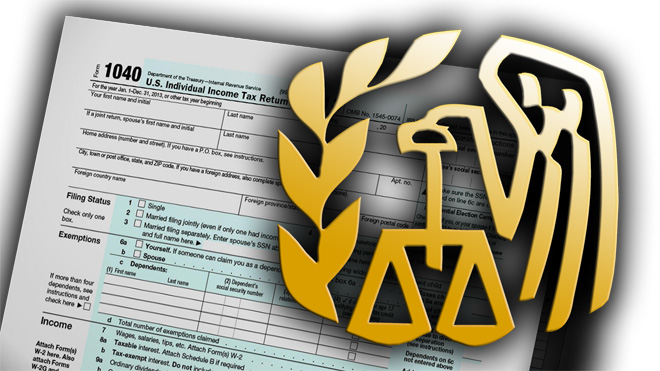
This week, the U.S. House of Representatives will consider a one-year “tax extenders” package. The U.S. Senate will soon follow suit. This bill would move the expiration date of some 55 tax relief provisions from December 31, 2013 to December 31, 2014.
This $45 billion tax hike avoidance package contains both good and bad tax policy.
On the positive side of the ledger is a host of cost recovery provisions. Headlining these is a 50 percent partial expensing rule which allows businesses to write off half the cost of new investments in the year of purchase, with the remaining basis subject to multi-year depreciation. There’s also a research and experimentation tax credit which firms can use to recoup these costs. Small businesses can expense most to all of their business fixed investment. There’s also accelerated depreciation for restaurants, lease holders, Indian tribes, and others. Put together, these cost recovery provisions are a majority of the value of the extenders package.
All of these represent an important down payment toward a vital tax policy goal for conservatives–full business expensing of all business inputs. Under any consumption base/cash flow tax model (which has universal support on the Right), all business costs would be deducted in the year of purchase. Losing the extenders package’s large steps toward this vision would be a big setback for the cause of fundamental tax reform.
There are also a dozen “personal” extenders which affect families. These include the ability to deduct state and local sales taxes, tuition and fees, and teacher classroom expenses. Families will not have to pay taxes on forgiven mortgage debt in the event of a foreclosure on their home. Retirees will be able to shift IRA dollars directly to churches and other charities. These, too, are important to consider as tax filing season gears up after the holidays.
Finally, there are two extenders which prevent double taxation of income earned abroad by U.S. companies–a “look-through” for controlled foreign corporations, and an active financing exemption from double taxation by the IRS. These are important placeholders as tax reform contemplates moving toward a territorial tax system and away from our antiquated worldwide tax regime.
On the negative side of the ledger are a few crony capitalist tax provisions which should not exist in an ideal tax code. Topping the billing here is the wind production tax credit, which is both a wasteful K Street giveaway and a sop to the big green lobby of the Left. It is regrettable that Wind “PTC” is part of this extenders package.
Nevertheless, the good clearly outweighs the bad here. Members of Congress and senators are encouraged to vote for this one-year tax extenders package. Next year, they should come back to work ready to make the best parts of the tax extenders permanent, and then proceed to tax reform.

